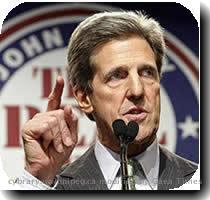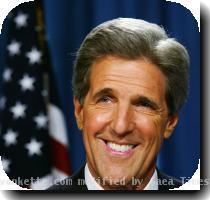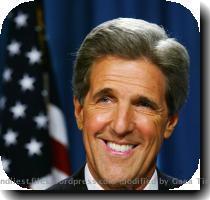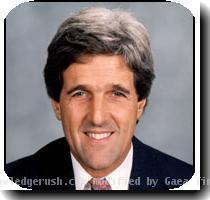Lawmakers pledge quick action to lessen effects of Supreme Court election ruling
By Jim Abrams, APTuesday, February 2, 2010
Lawmakers pledge action to limit election spending
WASHINGTON — Lawmakers said Tuesday they might counter the recent Supreme Court ruling on campaign money, along with the blizzard of special interest spending that could result, by making corporations and unions come clean about which campaign ads they are sponsoring and how much they are shelling out.
Senators also considered proposals to give investors and shareholders greater power over corporate political spending, or even to amend the Constitution, as they mulled how to respond to the ruling, which effectively lifted restrictions on big business and union election spending.
“If this ruling is left unchallenged, if Congress fails to act, our country will be faced with big, moneyed interests spending, or threatening to spend, millions on ads against those who dare to stand up to them,” Senate Rules Committee Chairman Chuck Schumer, D-N.Y., said at a hearing of his panel.
Schumer said he and Rep. Chris Van Hollen, D-Md., will propose legislation soon. Two House committees also plan hearings Wednesday on the ramifications of the 5-4 Supreme Court decision.
The concern of Democrats, who commonly are considered more vulnerable to multi-million-dollar campaign ads unleashed by corporations, was evident when President Obama took the rare step of openly criticizing the decision during his State of the Union speech last week. “I don’t think American elections should be bankrolled by America’s most powerful interests, or worse, by foreign entities,” Obama said in urging Congress to pass legislation “that helps to right this wrong.”
Republicans took issue with the Democratic position, voiced by campaign finance reform champion Russ Feingold, D-Wis., that the court had created a “Frankenstein” in corporations that would dominate the political process.
All Americans, including corporations, should be “free to speak their mind without having to get the permission of the government,” said Sen. Robert Bennett of Utah, top Republican on the Rules Committee.
He added that those who spend the most don’t always win, saying corporations often spend money on ads that are “really, really dumb.”
Schumer did not outline the substance of his legislation, but there was some consensus at the hearing that Congress can move quickly to improve disclosure by requiring corporations and unions to file more details on their campaign spending. There was also agreement about improving disclaimers to force sponsors of ads to identify themselves and not hide behind nebulous “Americans for Better Government”-type monikers.
While the Jan. 21 court decision did not touch on the existing ban on foreign contributions to elections, lawmakers said there is a need to tighten rules on spending by domestic subsidiaries of foreign corporations and spending by government contractors.
Another proposal is giving candidates prime-time access to public airwaves at the lowest possible rate.
Senate Democratic Whip Dick Durbin of Illinois, in a speech on the Senate floor, said it might be time to consider publicly funded elections, a concept that has never made much headway in Congress.
Many think that is not within reach, he said. But he added, “I think we ought to start drawing a bright line between those who will accept public financing and limited contributions from individuals and those who are ready to go out into this Wild West of corporate politics, special interest politics, big-money politics.”
Sen. John Kerry, D-Mass., told the committee that while many of these ideas were promising in the short run, “we may also need to think bigger.”
“I think we need a constitutional amendment to make it clear once and for all that corporations do not have the same free speech rights as individuals,” Kerry said.
House Judiciary Committee Chairman John Conyers, D-Mich., and Rep. Donna Edwards, D-Md., said Tuesday they had introduced a constitutional amendment permitting Congress and the states to regulate the expenditure of funds by corporations engaging in political speech.
Tags: Campaigns, Constitutional Amendments, Geography, John Kerry, North America, United States, Washington



